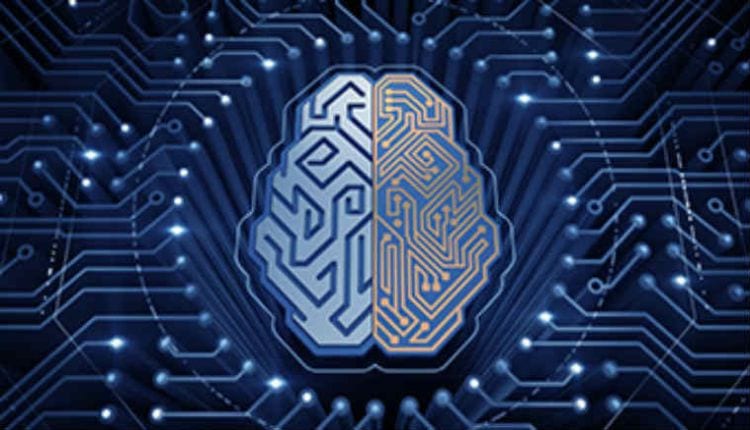More than 50 per cent of healthcare organisations expect an increase in demand for artificial intelligence (AI)-based solutions during and after the pandemic in the Asia-Pacific region and India has joined the bandwagon in a big way, a new IDC report said on Tuesday.
It is imperative for the healthcare organisations in India to drive human-machine collaboration and AI-driven interfaces to address the future care needs in the country.
“Moving forward, healthcare providers in India are set to reprioritise the adoption of electronic medical records (EMRs),” said Manoj Vallikkat, Research Manager for IDC Asia/Pacific Healthcare.
“While deploying AI solutions, CIOs will have to look beyond technology by ensuring strict adherence to regulatory compliance, along with data governance and ethics, to ensure public trust and scalability,” Vallikkat added.
The report looked into certain potential AI start-ups in India by underlining their innovative solutions as well as examining the barriers for healthcare organisations in adopting AI solutions.
Healthcare providers in the country that were already into EMR and AI-based imaging solutions tools were quick in deploying AI to tackle Covid-19.
As the complexity of diseases increases and to ensure a value-based care system, physicians will look for support for a clinical decision support system (CDSS), leveraging the power of quality patient data and AI.
“The cost of the solution, lack of skilled personnel, and trustworthiness of data are areas that need to be addressed by healthcare organisations in the country for the seamless adoption of AI solutions,” the report mentioned.
“We are seeing the demand for AI/ML bolster in the Indian Healthcare space primarily driven by use cases like diagnosis, drug discovery, patient monitoring, and others,” said Rishu Sharma, Principal Analyst, Cloud and Artificial Intelligence, IDC India.
“Although the cost, lack of skilled personnel, and data trustworthiness are among the top barriers in the adoption of AI solutions, digital patient data, access to resources, and expertise in selecting the right algorithms will gain priority in the
areas to be addressed for the healthcare organizations in the country,” he added.
According to the report, CIOs of care providers will start prioritising trusted data as their organisations migrate from a fee-for-service model (FFS) to value-based care.
AI adoption in the country will gain momentum with the recently announced ‘Digital Health ID’ by the Indian government.
This will also tend to generate an increased number of digital assets, leading to enhanced AI-based solutions to augment physician efficiency in the Indian healthcare system, the IDC report said.
–IANS

